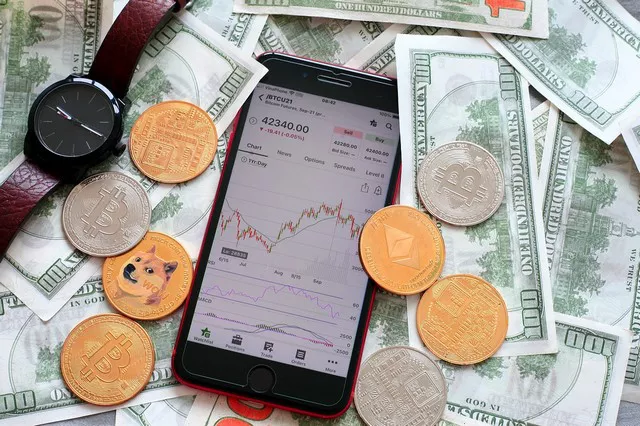As the world of cryptocurrency continues to expand, so do the various methods of trading and investment within the digital asset space. Among these methods, crypto futures trading has gained attention for its potential to profit from both rising and falling prices of cryptocurrencies. However, for individuals who adhere to Islamic principles, the question of whether crypto futures trading is halal (permissible) remains a topic of discussion.
Understanding Crypto Futures Trading
Futures trading involves the buying and selling of contracts that obligate traders to purchase or sell an asset at a predetermined price on a specific future date. In the context of cryptocurrencies, crypto futures trading allows individuals to speculate on the price movements of digital assets without actually owning them. This form of trading has garnered attention for its potential to generate profits in both bullish and bearish market conditions.
Islamic Finance Principles
Islamic finance is governed by a set of principles outlined in Sharia (Islamic law), which emphasizes ethical and moral considerations in financial transactions. These principles include the prohibition of riba (interest), gharar (excessive uncertainty), maysir (gambling), and engaging in unethical or harmful activities. The application of these principles to modern financial instruments, including crypto futures trading, requires careful examination.
The Permissibility of Speculation
One of the key considerations in determining the permissibility of crypto futures trading is the nature of speculation. While some Islamic scholars argue that speculative activities may involve excessive uncertainty (gharar) and resemble gambling (maysir), others contend that moderate speculation is acceptable within certain limits. The distinction between acceptable and prohibited speculation lies in the intention behind the trading activity, as well as the level of risk involved.
Leverage and Debt
Another point of contention is the use of leverage in futures trading. Leverage allows traders to control larger positions with a fraction of the capital, potentially leading to increased gains but also amplified losses. Some scholars argue that excessive leverage can lead to riba (interest) due to the presence of debt-like obligations. However, others suggest that if the transaction is settled immediately and does not involve interest-bearing loans, it may be considered permissible.
Risk Management and Ethical Considerations
Proponents of crypto futures trading often highlight the importance of risk management and ethical trading practices. They argue that if traders employ strategies to mitigate risk, adhere to halal trading principles, and avoid excessive speculation and gambling, futures trading can be aligned with Islamic values. Ethical considerations, including transparency, honesty, and responsible trading, are paramount in evaluating the permissibility of any financial activity.
Cryptocurrency’s Intricacies
The unique characteristics of cryptocurrencies introduce additional complexity to the question of whether crypto futures trading is halal. Cryptocurrencies themselves are a relatively new asset class, and their valuation, regulatory status, and technological underpinnings differ from traditional financial instruments. As such, applying traditional Islamic finance principles to these digital assets requires careful analysis and adaptation.
Scholarly Opinions and Diversity
The Islamic finance landscape is diverse, with scholars holding varying interpretations of Sharia principles and their application to modern financial instruments. While some scholars categorically consider crypto futures trading as impermissible due to concerns of speculation and gharar, others adopt a more nuanced approach, evaluating each case based on its specific characteristics and adherence to ethical guidelines.
Transparency and Compliance
For individuals considering crypto futures trading from an Islamic perspective, transparency and compliance with Sharia principles are of utmost importance. Choosing platforms and exchanges that uphold ethical standards, provide clear terms of use, and offer transparent trading mechanisms can contribute to a more ethical trading experience.
Educational Efforts and Islamic Finance Innovations
Recognizing the growing interest in cryptocurrency and its intersection with Islamic finance, efforts are underway to provide education, research, and platforms that cater to the needs of individuals seeking halal investment opportunities. Some initiatives are exploring Sharia-compliant cryptocurrency exchanges and trading platforms that adhere to Islamic principles.
Conclusion
The question of whether crypto futures trading is halal involves a nuanced exploration of Islamic finance principles, risk management, intentionality, and ethical considerations. While there are varying opinions among Islamic scholars, it is essential for individuals to engage in thoughtful research, seek guidance from qualified scholars, and align their trading practices with their personal values and ethical beliefs. As the field of cryptocurrency continues to evolve, the intersection of Islamic finance and digital assets presents both challenges and opportunities for those seeking to navigate the complexities of the financial world while adhering to their religious principles.


